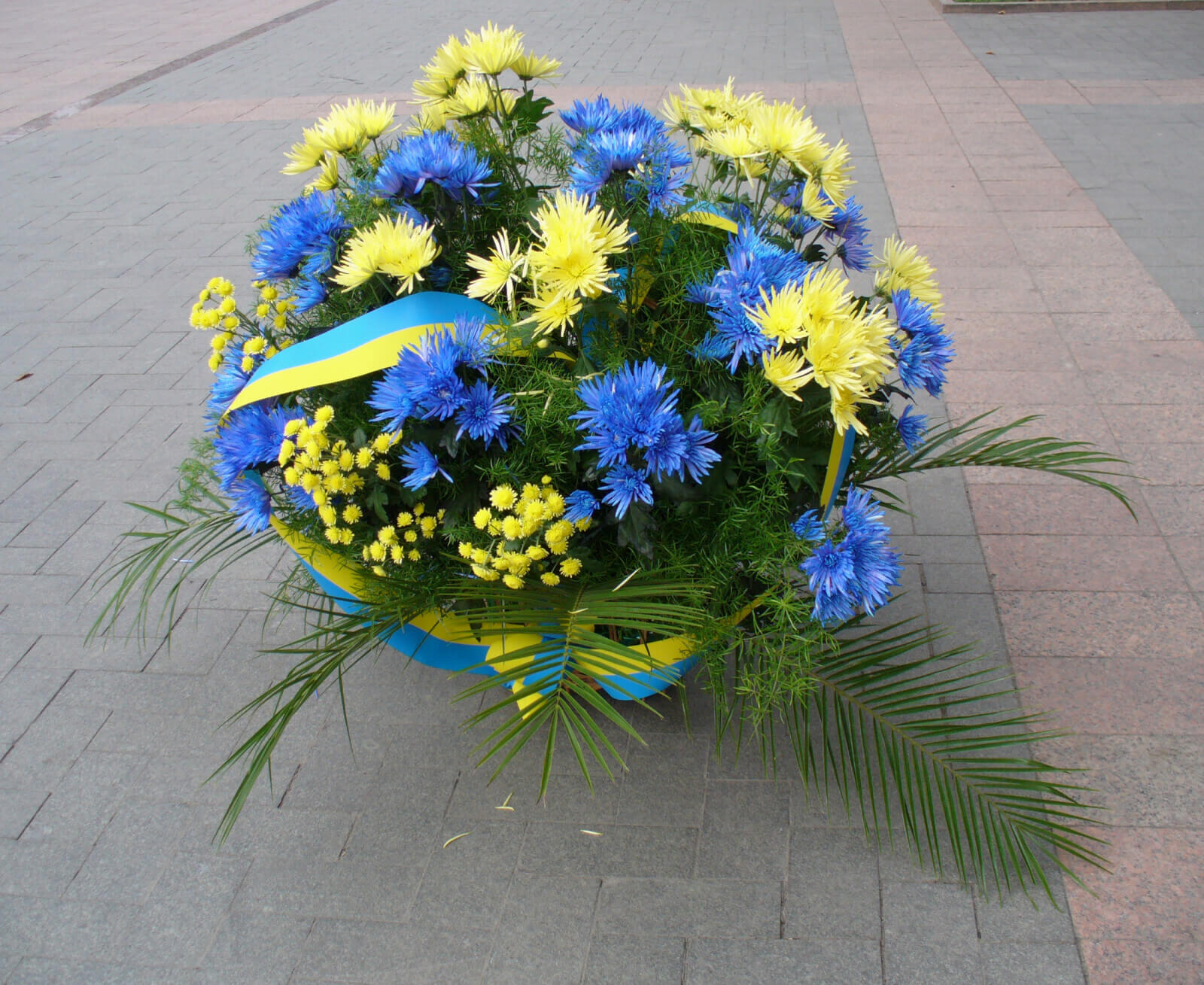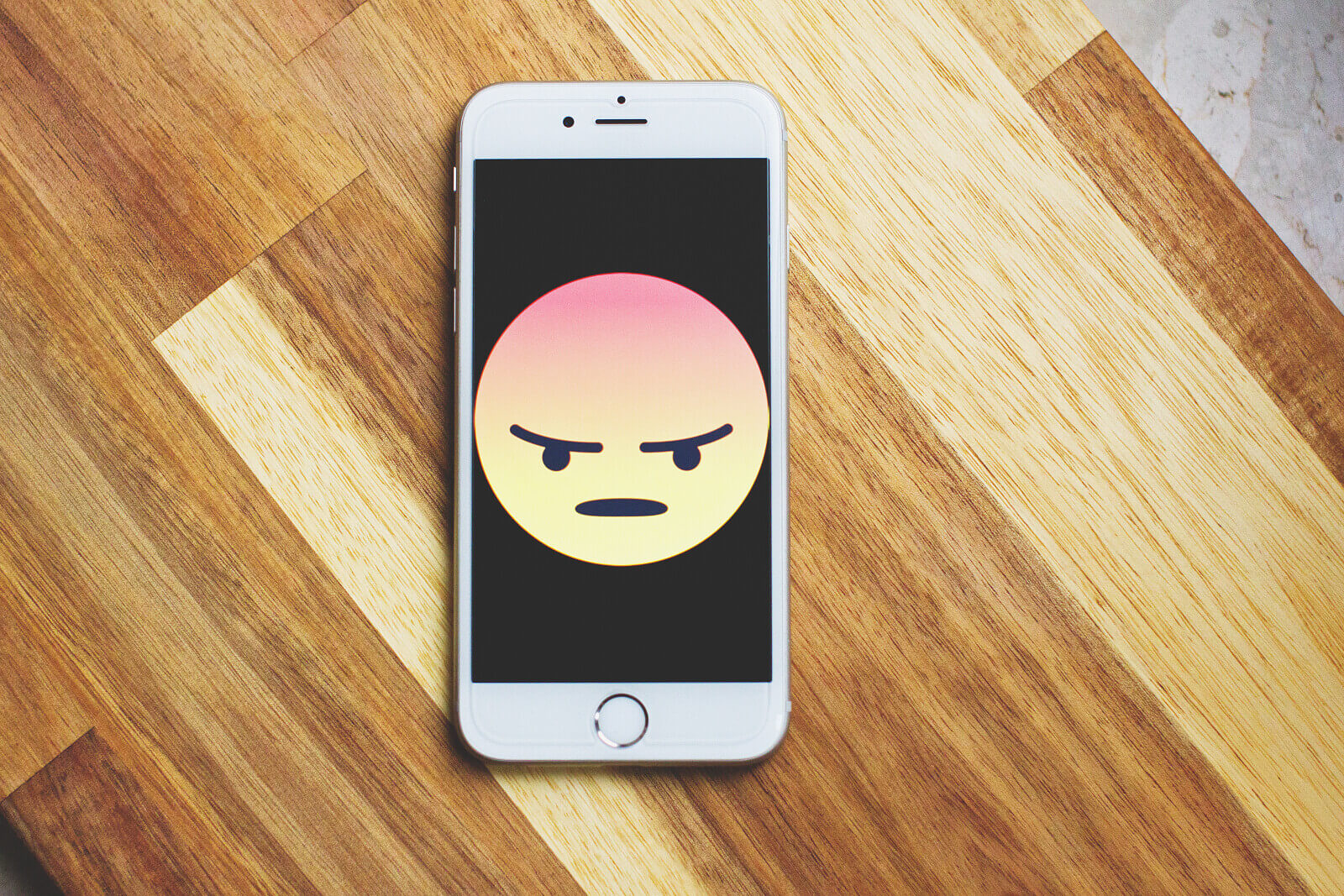Albert Einstein once commented that, “Imagination is more important than knowledge.” Thinking imaginatively and applying the results of human ingenuity to our work is something to which we all aspire. If only it were that simple. In a world where originality is highly prized, we also find that management foot-dragging, organisational culture and individual timidity can conspire to suppress creative thought and behaviour. So, how can we hurdle these barriers to improvisation and innovation?

By definition, event planners trade in the application of creative thought. Each new pitch, each new brief and each new production is a synthesis of creative instincts and innovative delivery. But not every business is blessed with such freedom of expression.Routinely, event managers are tasked with devising events aimed at bolstering creative expression for clients and staff – only to discover, at the end of the day, that unique event pitches become watered down by clients, who misunderstand the value of applied creativity.
Unlocking barriers to creativity
Identifying the blockages to resourceful action is essential for creative emancipation. Frequently, these barriers are rooted in the innovation culture – or lack of it – within organisations. “A large percentage of people think that being ‘creative’ is someone else’s job, and that people are either born creative or not,” says Timothy Hyde, an Australia-based creative and motivational speaker, who facilitates corporate creativity sessions for clients across Asia. “Various phrases can be telltale signs that something is amiss in the creative thinking process, such as ‘It’s not my job’, ‘The boss will never go for it’ and ‘It’s not the way we do things round here,’” says Hyde. “Getting people and organisations to a point where they know their ideas will be listened to, and that action will be taken, is important.”
Hyde’s keynote presentation, “Thinking like a Magician – The Secrets of Creative Innovation”, uses stories, imagery, magic and metaphor to challenge audiences to question assumptions they make about their business and the expectations they have of their own abilities. The focus then turns to enabling personal creativity. “It’s a confidence thing. I teach a variety of skills and techniques that can be used within their own business and life. It’s all about producing that ‘Aha!’ moment, when someone realises, ‘Yes, I can do it’.”
Training the mind
Understanding how people approach and respond to creative stimuli is crucial for empowering them to think and behave more freely – especially in working environments where procedures and processes are ingrained and seemingly intractable. “Innovation requires change, so it is inherently scary to many people,” says Dr Amantha Imber (pictured above), head “inventiologist” of Australia-based Inventium, which incorporates organisational psychology, cognitive science and other scientific research to help companies improve creative effectiveness. “Risk aversion can be a big issue, especially if it means thinking or acting in a way that someone isn’t comfortable with.”
Imber begins her innovation and creative thinking training and workshops by utilising what she calls “an assumption crusher”. “We get teams to discuss a particular challenge, like hosting a big client event, and get them to think about how they can make it have the desired impact,” says Imber. “Then, we turn that on its head, and say ‘What if the opposite were true – what if we hosted the event in a park or a football stadium rather than a hotel or conference venue?’”
Whenever we set ourselves a problem, Imber says, it needs to be approached from a different point of view than normal. “Creativity should be new, it needs to have a novelty element and it needs to be useful. For any given creative challenge, we like to ask ourselves ‘How would creative and successful people like Richard Branson or Google do this?’ It’s all about challenging what we assume, and taking sufficient time to explore creative solutions.”
In addition to facilitating creativity across Australia, Asia, Europe and the US, Inventium works with clients to help them recruit creative and innovative thinkers. “We believe that recruiting carefully should be a science, not guesswork,” says Imber. “We use a psychometric assessment tool that determines how comfortable people are with ambiguity, how open their personality is to new experiences, how confident they are in their own creative thinking and abilities and how resilient they are – because setbacks always occur during innovative processes.”
Striking the right balance
Filtering is a crucial element of the creative thinking process. “Creative thinking is about how you come up with a moment or sequence of moments that bring together the client’s collective messages and information in a thrilling and engaging way. You have to consider the level of creativity a client will want to take on board for the concept, and balance what your response will be when pitching,” says Greg Eaton, event director of EPM (Events, Production, Marketing), which has offices in Australia and Singapore. “You can spend way too much time coming up with a pitch. I try to be cautious about how much creative planning I put on the table up front.”
Cost is also a significant factor for thinking and delivering creatively. “You always need to ask for the budget, because the production and technical sides of creative events are very cost-driven,” says Eaton. “Budget parameters help balance a creative idea, and make you think about what you can deliver creatively within a given budget.”
Innovative thinking is also, inevitably, an amalgam of new ideas, inspiration garnered during research and previous experience. “You can draw on your experiences for creative thinking. When devising a base concept, you are looking for the moment that will really wow clients, but you also realise that there are only so many ways you can do that which haven’t been tried by someone before,” says Eaton. “Over time, you do develop a keen sense of what can be done when you are taking a client’s creative thinking and putting it into a production. That is the challenge.”
Watching out for trends
Lifestyle and entertainment trends are changing fast in Asia, and these inevitably impact the creative process. “What is trending at any moment in time has become so much more important in your creative thinking, and this can make the design and creative phases shorter,” says Eaton. “We’ve just produced a video for a client which addresses how social media affects the thinking of big companies and consumers. We learned, for example, Youtube is claiming five billion plays per day. That must influence the way people think.”
Trending is a theme taken up by Jonathan Seevaratnam, founder of Kuala Lumpur-based Jiggee Events. Seevaratnam, aka Jiggy Jon, is also a performer and emcee and his performances are regularly requested by clients for their events. He’s noticing a new music-related trend. “We’ve already been asked to produce a client’s Christmas party for 200 people based on a Gangnam Style theme. We are currently working on the backdrop and staging, and I’m getting a Psy jacket tailored. I’d not be surprised if we are asked to do more Gangnam events.”
Jiggee Events thrives on pushing creative boundaries, and labels itself a “Houz of Eventainment”. “We take a theme, whether provided by the client or one of our own, and each of the team does individual research before a brainstorm meeting. We sit down together, everyone puts his 10 cents’ worth into the discussion and we flesh out the concept.”
Creative thought is stimulated from both within and beyond. “I’d say around 70 per cent of the time, clients give us a basic concept and ask us to expand it creatively. We can nurture and develop a concept pretty easily using feedback from the client, and also our own creative instincts,” says Seevaratnam. “Having in-house HD video, design and multimedia capabilities is a significant benefit, as it makes concept planning smoother and more organic.”
Another creative stimuli is visualisation of the venue. “I find that once I have visited the event site, it is much easier to envisage what can be delivered, and that helps drive the creative process,” says Seevaratnam. “Equally, sometimes you realise that the creative concepts and ideas you have carefully generated just aren’t going to work in a particular space.”
IDEA BOOSTERS
“The brain is a wonderful organ; it starts working the moment you get up in the morning and does not stop until you get into the office,” noted American poet Robert Frost acerbically. On the commute to work, everyone can be creative – but once the office is reached and the computer switched on, the systematisation of the daily grind can be a creativity killer. Here are five tips to avoid the dreaded “brain crunch”:
• Don’t make checking emails the first job of every day. Routine actions are inherently uncreative
• Throughout the day, repeatedly ask yourself: “How could I do this task differently?”
• Take regular “thinking breaks” – long periods spent in front of a computer stifle imagination
• Read, observe, listen – the kernels of inspired ideas are all around us, we just need to be open and receptive
• Enter each new brainstorming meeting armed with well-researched ideas and concepts
FOOD FOR THOUGHT
Taking chances is the first step to being creative. Hear what some of the world’s successful and pioneering people have to say:
“Every new thing creates two new questions and two new opportunities.”
Robert Bezos, founder of Amazon
“Innovation has nothing to do with how many R&D dollars you have. It’s about the people you have, how you’re led, and how much you get it.”
Steve Jobs, former CEO of Apple
“They always say time changes things, but you actually have to change them yourself.”
Andy Warhol, artist
“You miss 100 per cent of the shots you never take.”
Wayne Gretzky, ice hockey player
“If you’re not failing every now and again, it’s a sign you’re not doing anything very innovative.”
Woody Allen, movie writer and director
THE PROFESSIONALS
Inventium
Tel: +61 3 9018 7455
Email: info@inventium.com.au
www.inventium.com.au
Timothy Hyde
Tel: +61 2 4758 8961
Email: help@achieving.com.au
www.timothyhyde.com
EPM, Events Production Marketing
Tel: +61 418 235 759
Email: greg@eatonevents.com
www.eatonevents.com
Jiggee Events
Tel: +60 3 2095 4389
Email: get@jiggee.com
www.jiggee.com
Gary Bowerman


